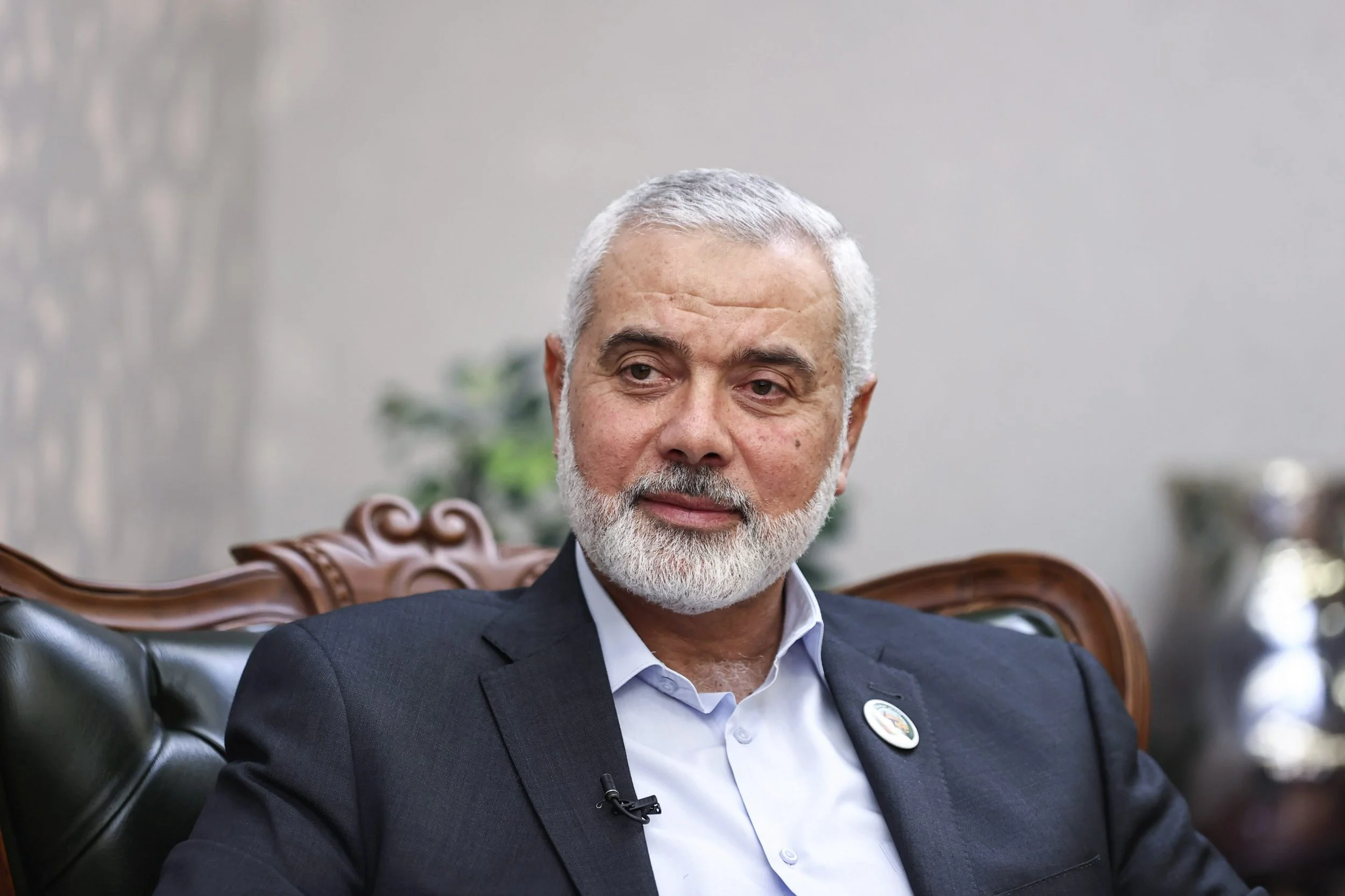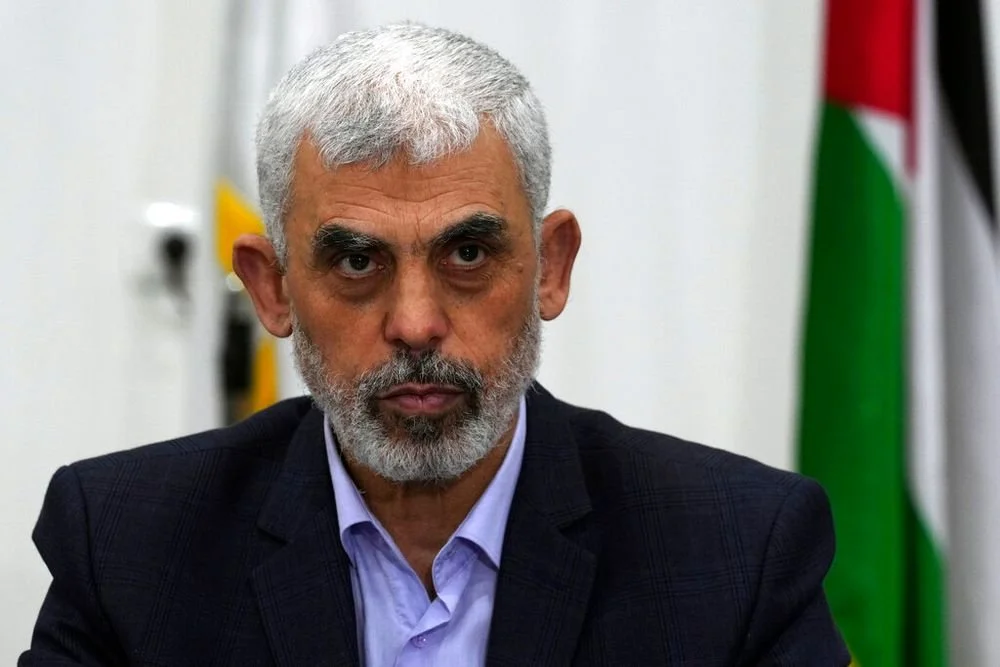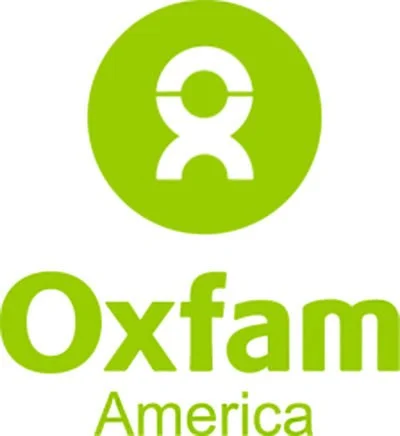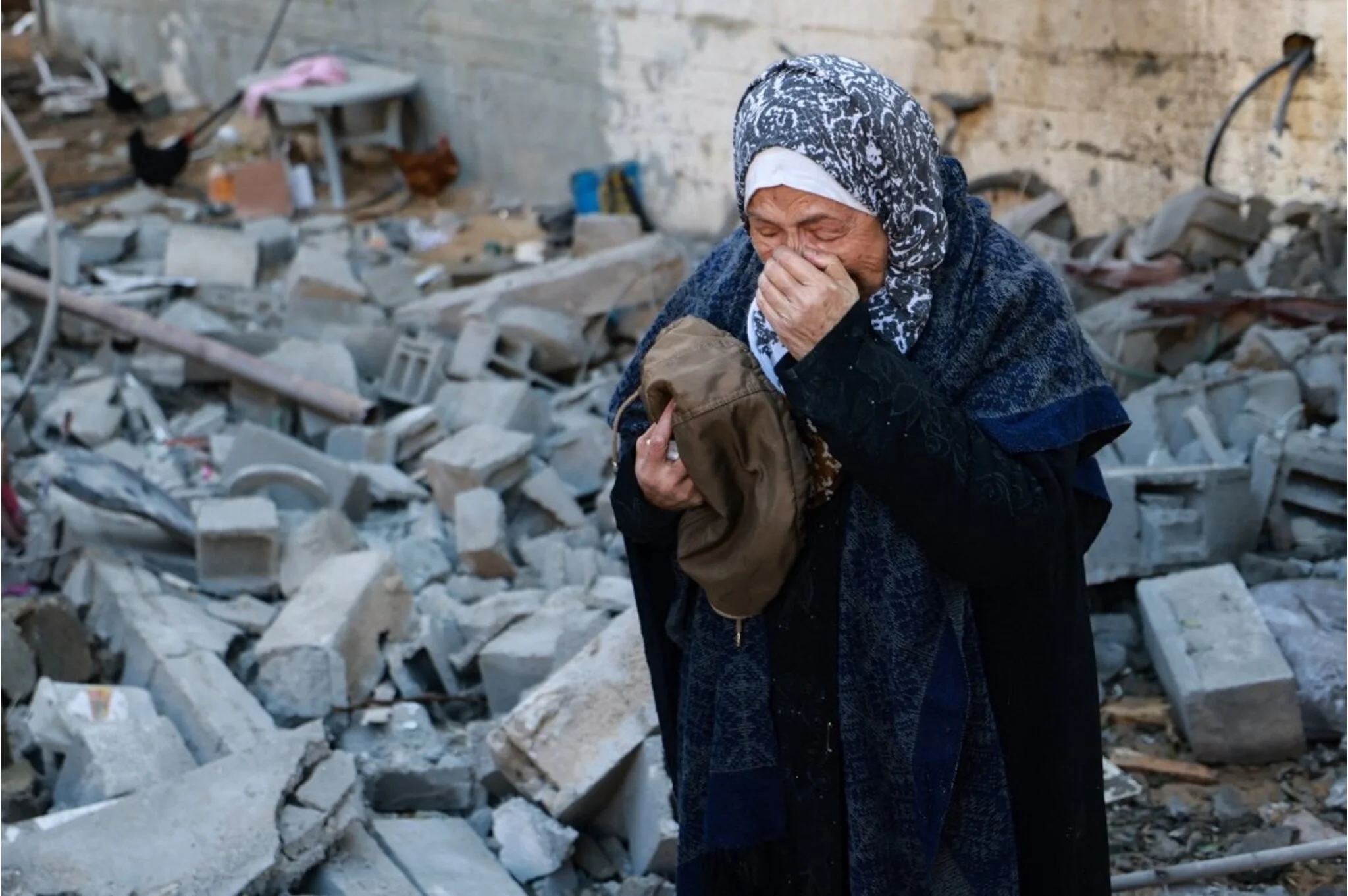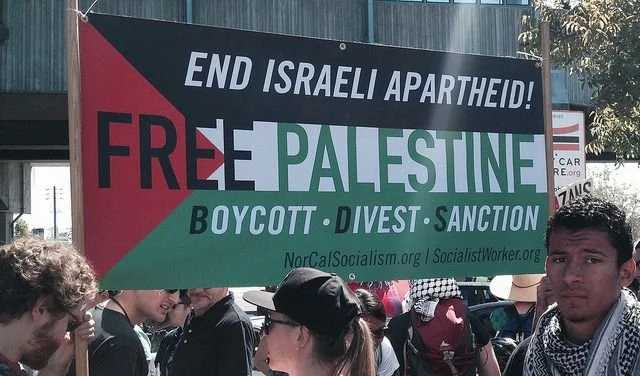Free Palestine Movement
Movement Breakdown
The 1947 UN Partition Plan marked a critical juncture, proposing the division of British Mandate Palestine into separate Jewish and Arab states. The plan's adoption sparked the 1948 Arab-Israeli War, following which the State of Israel was declared, leading to the displacement of hundreds of thousands of Palestinians, an event Palestinians refer to as the Nakba or catastrophe. This period saw the emergence of the Palestinian refugee crisis, a core issue of the conflict.
Over the decades, several wars and uprisings have shaped the conflict's landscape. Notably, the Six-Day War in 1967 resulted in Israel's occupation of the West Bank, Gaza Strip, and East Jerusalem, territories that are central to the Palestinian aspirations for an independent state. The Oslo Accords in the 1990s, while a significant peace effort, failed to resolve critical issues such as Israeli settlements, the status of Jerusalem, Palestinian statehood, and the right of return for Palestinian refugees.
The conflict has been characterized by intermittent violence, including the Intifadas, and efforts towards peace that political, territorial, and security concerns have often hindered. The Israeli government, Palestinian Authority, and Hamas are key contemporary players, with the international community, including the UN and the US, playing influential roles. Recent developments have seen fluctuations in the intensity of the conflict, with efforts towards normalization between Israel and certain Arab states under the Abraham Accords contrasting with ongoing tensions in Gaza and the West Bank. The conflict's resolution remains complex, entangled in historical grievances, national identity, and the geopolitical interests of regional and global powers.
Communities Affected
Palestinians: Palestinians are an ethnonational group with deep historical roots in the Levant, specifically the region known historically as Palestine. This group primarily identifies as Arab due to the Arabization of the region, which occurred over centuries, especially after the 7th-century Islamic conquests.
Major Issues Affecting Palestine
Humanitarian Crisis: The situation in Gaza has reached alarming levels, with over 1.5 million people displaced and more than 11,000 reported deaths, many of whom are women and children. The destruction of infrastructure has left thousands without access to essential services, exacerbating the crisis.
Medical and Health Services: The healthcare system in Gaza is on the brink of collapse due to power outages and a catastrophic shortage of medical supplies. Hospitals running on backup generators are facing imminent shutdowns, endangering the lives of patients, including those requiring critical care like kidney and cancer patients, as well as 50,000 pregnant women who cannot access health facilities.
Food and Water Scarcity: The blockade and hostilities have severely restricted access to food and clean drinking water. Nearly half a million people cannot access UNRWA food rations, and the depletion of wheat flour reserves threatens widespread hunger. The destruction of agricultural land and livestock further compounds food insecurity.
Sanitation and Housing: The shutdown of Gaza's last functioning seawater desalination plant and water and sanitation infrastructure damage pose severe health risks and environmental hazards. The housing crisis is exacerbated by the extensive destruction of homes, leaving many families without shelter.
Economic Impact: The conflict has inflicted massive financial losses, with estimates suggesting a decline in GDP and significant damage to the social sector. The immediate and short-term recovery costs are substantial, further straining Gaza's already vulnerable economy.
International Response: While humanitarian aid is underway, the emphasis remains on the need for a political solution to achieve sustainable peace and stability in the region. The international community, including the UN, actively coordinates relief efforts and advocates for political resolutions.
Territorial Disputes: Particularly over the status of Jerusalem and Israeli settlements in the West Bank, underpin much of the conflict. These disputes are about land and sovereignty, identity, and historical connections to the area. The occupation of Palestinian territories by Israeli forces further complicates these disputes, leading to significant displacement of Palestinian populations.
Free Palestine Protests across US College and University Campuses
The Free Palestine protests have significantly impacted college campuses across the United States, reflecting a powerful wave of student activism. The movement began at Columbia University and has seen widespread participation with student encampments, sit-ins, and marches at universities in nearly all 50 states. These protests aim to pressure university administrations to divest from companies supporting Israel's military actions in Gaza. At Columbia, the Gaza Solidarity Encampment marked the start, leading to mass arrests and the dismantling of encampments by the NYPD. Despite the university's efforts to suppress the protests, the movement has gained momentum, with students demanding divestment and greater transparency in university investments.
Protests have also seen universities like Rutgers, Evergreen State College, and the University of Minnesota reach agreements with students. These agreements often involve commitments to review and potentially change investment policies, establish cultural centers, and provide educational support to displaced Palestinian students. The protests have not been without controversy, with instances of alleged antisemitism and strong reactions from both pro-Palestinian and pro-Israel supporters. Despite the challenges, the demonstrations have underscored a renewed commitment among students to advocate for Palestinian rights and to call for an end to the conflict in Gaza.
Social Leaders of The Movement
Ahmed Shihab Eldin
Palestinian-American journalist
Mohammed bin Salman
Crown Prince and Prime Minister of Saudi Arabia (#2 Contributor to UNRWA)
Rami Younis
A journalist, filmmaker, and activist
Mohammed El Kurd
Palestinian writer, poet, and activist
Political Leaders of The Movement
Ilhan Omar
Representative of Minnesota champions Palestinian rights and calls for a balanced and legal approach to resolving the conflict.
Economic Leaders of The Movement
Joe Biden
46th President of the United States (#1 Contributor to UNRWA), the US is also providing funding to Isreal and their military
Philippe Lazzarin
Commissioner General of UN Relief and Works Agency (UNRWA)
Mahmoud Abbas
President of Palestine
Bernie Sanders
Senator of Vermont advocates for a fair resolution to the Israeli-Palestinian conflict, emphasizing humanitarian support and an end to occupation.
Ismail Haniyeh
Prime Minister of the Palestinian National Authority and Chairman of the Hamas Political Bureau
Yahya Sinwar
Hamas Chief in the Gaza Strip
Rashida Tlaib
Representative of Michigan focuses on Palestinian dignity and justice, advocating for an end to occupation and equitable policies.
Laurene Powell Jobs
Chancellor of Germany (#3 Contributor to UNRWA) - Germany similar to the US is also providing funding to Isreal
Noura Erakat
A Palestinian-American legal scholar, author, and human rights attorney
Mariam Barghouti
Palestinian journalist and writer
Yousef Munayyer
Palestinian-American political analyst and activist
Community Organizations Involved
Forward Movements
Global Solidarity and Demonstrations: There has been a significant global outpouring of solidarity with the Palestinian cause, with people worldwide participating in protests, direct actions, and BDS (Boycott, Divest, Sanctions) initiatives. This includes actions like Jewish Voices for Peace's Week of Action, student-led divestment votes at institutions like Queen’s University Belfast, and protests against manufacturers supplying the Israeli army, demonstrating a worldwide commitment to Palestinian rights.
Influence of Generation Z: The involvement of Generation Z in the Free Palestine movement marks a radical and hopeful shift. This generation, influenced by social justice movements like Black Lives Matter and MeToo, is actively organizing campaigns, pressuring institutions for action, and using social media to raise awareness about the Palestinian struggle. Their activism goes beyond mere statements of solidarity, aiming for tangible changes in policies and perceptions.
Increased Political Support: For the first time, numerous members of the U.S. House of Representatives, including Rashida Tlaib and Alexandria Ocasio-Cortez, have publicly labeled Israel as an apartheid state. Furthermore, figures like Senator Bernie Sanders have taken legislative action, such as proposing resolutions to block arms sales to Israel in response to its actions in Gaza, highlighting a shift towards more critical scrutiny of U.S. support for Israel.
Cultural and Academic Engagement: The movement has seen significant engagement from cultural figures and academia, with public figures and celebrities using their platforms to speak against Israeli policies and practices. This broadens the movement's reach and helps shift the narrative and gain more mainstream attention for the Palestinian cause.
Setbacks
Censorship by Big Tech: Platforms like Facebook and Google have been actively censoring posts and videos criticizing Israel, posing a significant challenge to the spread of information and activism related to the Palestinian cause. This censorship extends to various content forms, including removing supportive statements and articles from gaming platforms and blogs popular among Generation Z.
Media Bias: Despite the growing support for Palestine, mainstream Western media organizations continue to exhibit a noticeable pro-Israel bias, often omitting critical contexts and failing to acknowledge the asymmetrical nature of the conflict. This one-sided reporting hinders a balanced understanding of the situation and the injustices faced by Palestinians.
Political Stagnation in the US: Despite the groundswell of support for Palestine, the current U.S. administration shows little willingness to alter its longstanding policies towards Israel, including its routine support for Israel's military actions against Palestinians. This political stagnation at the governmental level remains a significant obstacle to achieving meaningful change in U.S. foreign policy regarding the Israeli-Palestinian conflict.
Delegitimization of Activism: The portrayal of Generation Z's activism as mere social media trends or the result of youthful naivety undermines the legitimacy and impact of their efforts. This narrative seeks to infantilize and pathologize their genuine concern and activism for Palestinian rights, potentially discouraging broader engagement and support.
Ways To Support
Self-Education: Begin with understanding the links between structural racism and environmental hazards. It's crucial to research both the inequities and the policies perpetuating these differences. Awareness that leadership within major ecological groups may not always represent diverse communities is also essential.
Elevate Voices of Impacted Communities: Get to know local social justice advocates and support them through donations, volunteering, or online amplification. Ensuring these environmental issues remain at the forefront of community concernsis vital.
Hold Representatives Accountable: Engage in local environmental issues by advocating for transparency and accountability in policy design, enforcement, and grant awards. It's about making environmental considerations a priority in community decisions.
Use the Power of Boycott: Be mindful of where you spend your money. Investigate the environmental practices of corporations and consider supporting local economies and minority-owned businesses to encourage sustainable practices and invest in community growth.
Provide Technical Assistance: Offer professional expertise to communities, such as legal assistance or environmental health analyses. Training community members in skills like water testing or solar panel installation can empower them and promote resilience.
Create Spaces for Resource Sharing and Networking: Facilitate connections between frontline communities and resources, such as training, networking, and funding opportunities. Hosting forums or conferences can foster learning and collaboration among environmental groups.
Critically Evaluate Organizational Actions: Ensure that environmental justice communities are central to your organization's planning activities. Prioritize programs and projects that result in tangible ecological benefits for these communities.
Solicit Guidance from Frontline Communities: Engage with environmental justice advocates during program development to incorporate their insights and ensure their active participation in decision-making processes.
Learn More
In Support of Boycott, Divest, Sanctions and a Free Palestine | The Crimson
The Struggle for Palestinian Freedom Is a Struggle for Democracy Around the World | JACOBIN
Generation Z will free Palestine | Aljazeera
Relevant Hashtags
#FreePalestine #Palestine #Gaza #BoycottIsrael #SaveSheikhJarrah #EndTheOccupation #RightToReturn
#BDS #PalestinianLivesMatter #StandWithPalestine
References (APA 7 Citations)
Wikipedia contributors. (2024). 2024 pro-Palestinian protests on university campuses. In Wikipedia, The Free Encyclopedia. Retrieved May 21, 2024, from https://en.wikipedia.org/wiki/2024_pro-Palestinian_protests_on_university_campuses
Al Jazeera. (2024). Pro-Palestine protests: How some universities reached deals with students. Israel War on Gaza News. Retrieved May 21, 2024, from https://www.aljazeera.com/news/2024/5/10/pro-palestine-protests-how-some-universities-reached-deals-with-students
Democracy Now!. (2024). Revolt on Campus: Protests over Gaza Disrupt Graduation Ceremonies as Police Crack Down on Encampments. Retrieved May 21, 2024, from https://www.democracynow.org/2024/5/6/revolt_on_campus_protests_over_gaza















